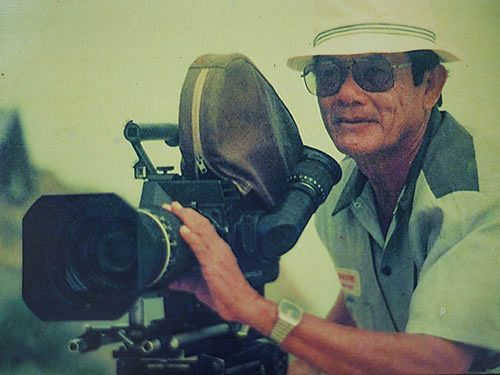In a recent VietnamNet op-ed, Lao Dong takes a deeper look into the increasing eroticism of Vietnamese cinema.
Dong laments that, over the last five years, sex scenes become standard in nearly all genres of Vietnamese film and that the 2012 Golden Kite Awards - Vietnam’s equivalent of the Oscars - is the best example of their proliferation:
“…sex scenes flooded trailers of all 11 movies, including Hot Sand, Passion, In the Name of Love, Cold Summer, Passion, Scandal, Blood Letter, Marry Me Soon, etc.”
With erotic titles like those, it seems like the Vietnamese film industry has learned what their Western counterparts have known for decades – sex sells.
And Vietnamese directors are pushing the envelope, Dong explains:
“The level of sex scenes has increased, no more hiding in the twilight and no more explanation, it is free and quick now. Sex scenes also involve characters of all social classes, from a waste collector to a lady, from a farmer to a playboy, from an intellectual to a businessman, and even a swordsman.” You know, just like real life… “If anyone thinks that sex scenes are a way to increase commercial value, they definitely are wrong.”
Well, they’re actually right.
But the reality, as he later finds, is that sex doesn’t always sell. Films that rely too heavily on sex appeal are often lacking in the plot department:
“Most of sex scenes in Vietnamese movies are commented to be insipid or even obscene because they do not contribute to highlight the characters or the film contents and values. Thus, they are unnecessary.”
Films such as Cold Summer, In the Name of Love, Bi, Don’t Be Afraid and Lonely have all bombed at the box-office. Perhaps, now that Vietnamese audiences are more comfortable with sexually provocative films, directors will learn how to employ sex scenes more effectively.
















